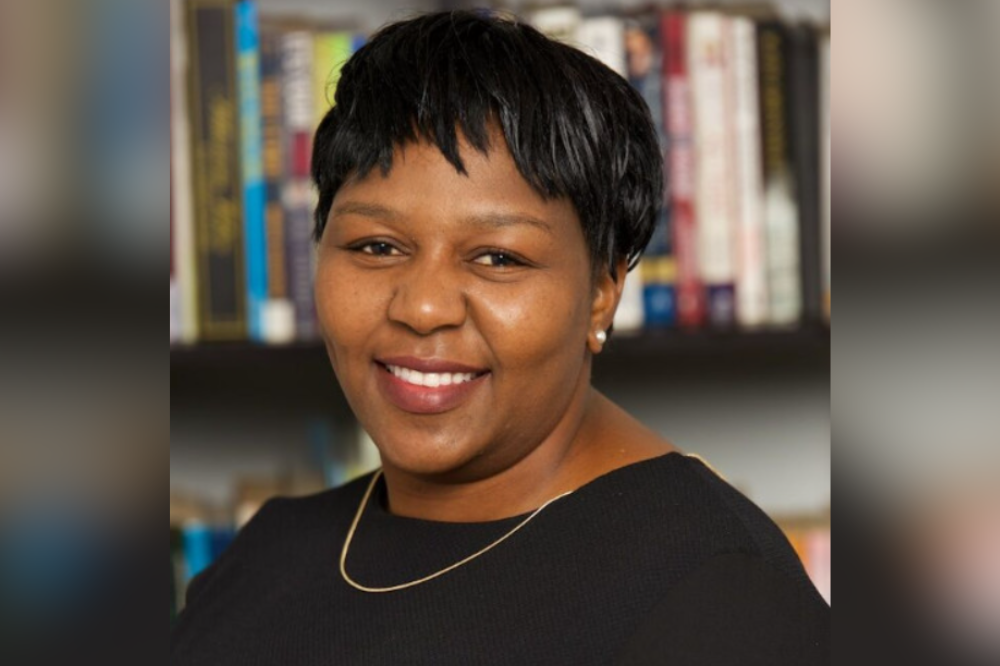
by Rumbi Mabambe
According to renowned psychologist Urie Bronfenbrenner, ‘There is no more critical indicator of the future of a society than the character, competence, and integrity of its youth.’
When news streams are bursting with stories of youth crime, student disengagement and student behaviour in class, we clearly have a problem and our young people are telling so, loudly!
Societal institutions that were built on strong social networks, neighbourliness and role models no longer exist; or if they do, must be paid for. Just take a moment to think of your friendship groups and where they are centred. Is it your friends from the gym? Your sporting club? Your social group based on a common interest? Our adult relationships are transactional and young people are left without safe adults that they can learn from and relate to. Not even a sports coach unless you can pay the fees. It’s a difficult situation for young people who also face other pressures– bullying, loneliness and the negative impacts of social media. In fact, research shows 1 in 5 young people are psychologically distressed.
I work at an organisation called Chain Reaction Foundation and our Learning Ground program connects students with peers, mentors, and positive role models. Every day I see young people who are growing up with a sense of hopelessness. For example, one young person I interviewed for my research believed that nothing good comes out of people, including themselves. Think about that!
We’re witnessing the rise of a troubled generation where the effects of technology, inequality and lack of opportunity will have lasting consequences. It’s an issue that should attract more attention across all levels of government.
We are in need of a NOW solution that addresses societal change in meaningful ways, that values young people’s wellbeing and places psycho-social learning at its centre. This solution is not clinical but must be a social solution for a social problem. Where better to place this learning than in our schools, where young people already gather and where the friendships they form and the decisions they make begin to shape their future selves. Our schools where we already have adults committed to developing the leaders of tomorrow.
Every adult in Australia should be concerned about the reports of disruptive school environments currently in conversation. We should be wary of calls to go back to “the good old days when kids were told to sit down and did so, with a stick if needed”.
Learning Ground offers a vehicle for life’s critical conversations to occur within the school environment. This program that came out of Mt Druitt, one of the toughest areas in Australia, has been found to be effective in reengaging disenfranchised young people.
We need more programs like ours in schools, where young people can experience a safe community built on relationships of trust, support and acceptance. My team and I believe in our common humanity. We all have challenges and in the rhythms of our lives there are times when we're up and times when we're down. The question is what choices you make during these times, and how can you learn different ways of responding to stressful situations.
It’s a privilege to work with young people in our program who rediscover the joy and value of learning, kindness and ways of understanding themselves and others. Empowering young people to make personal choices from a position of strength and understanding is deeply rewarding.
But at the same time, we can’t do everything. As a community we need to think about the whole environment in which we’re raising the next generation and ask ourselves, what else can we do to offer young people the hope and future they deserve?
About Rumbi Mabambe
Rumbi was appointed Executive Officer for Chain Reaction Foundation in 2018. She holds an Honours Degree in Economics, and a Master’s Degree in Marketing. She has worked in the not-for-profit sector in Australasia and internationally. With expertise in not-for-profit organisational management, her particular interest is in adolescent social and emotional wellbeing and the impact of this on adolescent mental health outcomes. She oversees the operational management of Learning Ground, an award winning program in behavioural change whose head office is in Mt Druitt NSW. Rumbi is the final year of her PhD in Adolescent Social Cohesion with the University of Technology Sydney. She is a people person who conducts her present role with considerable empathy, determination and skills, particularly in organisational strategic planning, corporate governance and stakeholder engagement.


